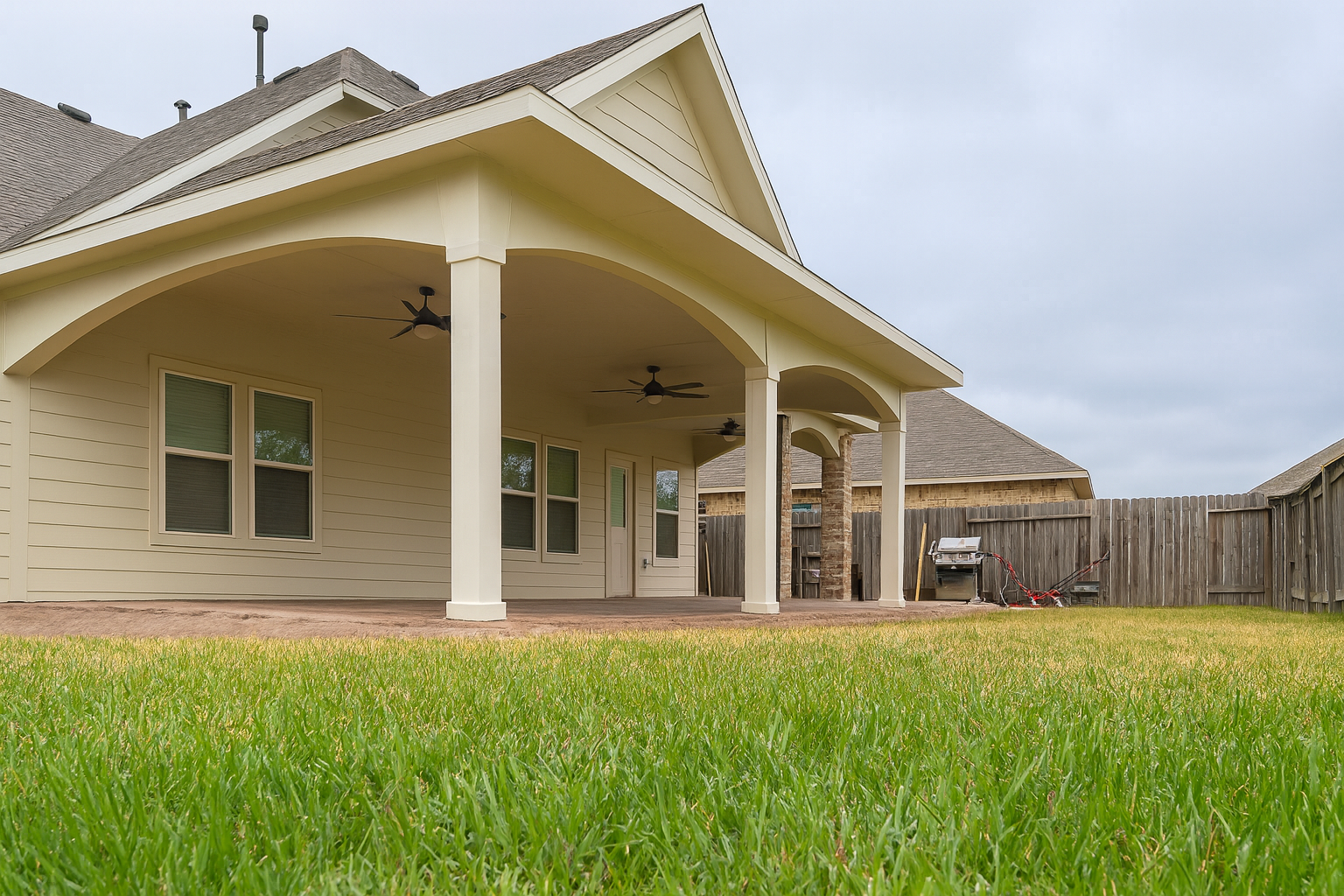
Choosing Sustainable Materials for Your Construction Project Nov 18, 2025
The concept of sustainability in construction revolves around minimizing environmental impact, enhancing energy efficiency, and promoting the long-term health of both the occupants and the planet. By opting for sustainable materials, you contribute to reducing the carbon footprint associated with traditional construction methods. Choosing materials that are renewable, recyclable, or have a low impact on the environment from extraction to disposal is essential in achieving this goal.
A diverse range of materials fits the bill for sustainability. Reclaimed wood is a popular choice, offering unique aesthetics and reducing the need for new lumber production. It not only saves trees but also adds a distinct character to your project with its history and variety. Bamboo, another renewable resource, grows quickly and requires fewer resources to cultivate compared to traditional timber, making it an excellent option for flooring and decorative elements.
For structural needs, consider using recycled steel which significantly decreases the demand for raw material extraction and energy consumption. Steel is known for its strength and durability, ensuring long-lasting results. Moreover, concrete alternatives like fly ash or slag cement reduce the reliance on traditional Portland cement, which is a major carbon dioxide emitter.
Insulation is another critical area where sustainable materials can make a big difference. Materials such as cellulose, made from recycled paper, or sheep wool, a natural resource, provide excellent thermal performance while being environmentally friendly. These options improve energy efficiency, reducing heating and cooling costs over time.
Beyond the materials themselves, consider how they are sourced. Locally sourced materials reduce transportation emissions and support regional economies. Products certified by recognized environmental standards can also assure you of their green credentials. Look for labels such as the Forest Stewardship Council (FSC) certification when choosing wood, confirming it was harvested responsibly.
The financial aspect of selecting sustainable materials is worth acknowledging. Initial costs might seem higher than traditional choices, but the long-term benefits from energy savings, durability, and increased property value often outweigh these upfront expenses. Moreover, government incentives and tax breaks are increasingly available for sustainable construction endeavors, helping offset some of the costs.
For BJR Construction clients, understanding these aspects is just the start. Our expert team offers guidance to seamlessly integrate these materials into your project, keeping sustainability at the forefront without compromising on design or functionality. Whether it's a simple remodel or a complete construction from the ground up, we ensure your project reflects both your style and your commitment to the environment.
In conclusion, choosing sustainable materials is an impactful step towards creating buildings that are friendly to our environment while supporting the well-being of their occupants. By aligning with BJR Construction, you're assured of benefiting from cutting-edge knowledge and a dedication to eco-friendliness in your project. Remember, sustainability is not only a choice but an investment in a better future for our planet.
/filters:no_upscale()/filters:format(webp)/media/46dfd218-37a0-41bd-aaef-5469f295d904.png)
/filters:no_upscale()/filters:format(webp)/media/c29c2ceb-19f4-4e04-a5ce-76d669cbf0dc.jpeg)